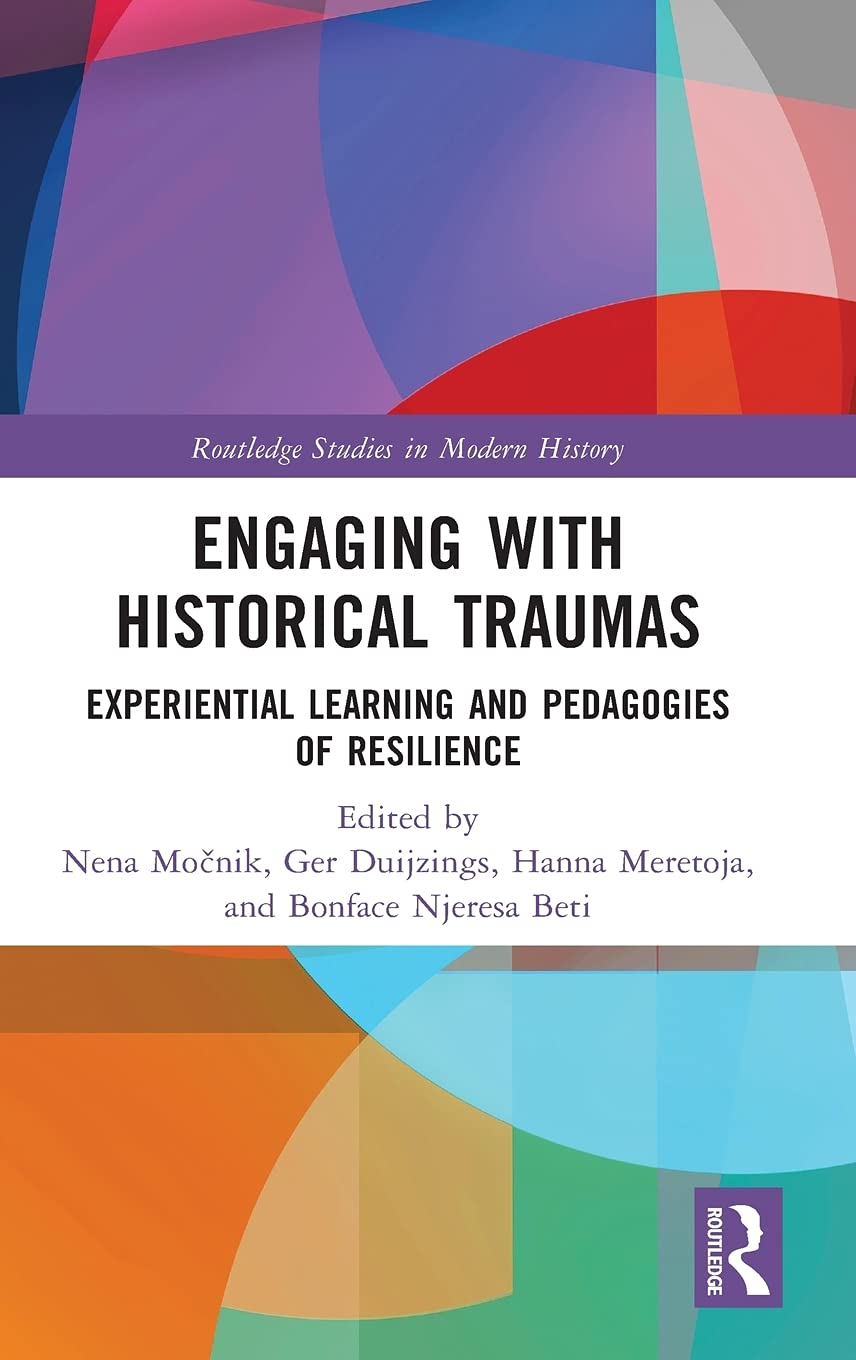
61ptzE8XtpL._SL1360_
Category: Conflicts, History and memory
Language: Inglese
Pubblicato nell’ambito del progetto NeverAgain: Teaching Transmission of Trauma and Remembrance through Experiential Learning, coordinato da SELMA: Centre for the Study of Storytelling, Experientiality and Memory dell’Università di Turku (Centro Selma) e cofinanziato dal programma “Europa per i cittadini” dell’Unione Europea.
The last ones: Serbian and Russian prisoners on the Alpine front
06/2021 - Autori: Luisa Chiodi, Marco Abram, Niccolò Caranti
in Engaging with Historical Traumas: Experiential Learning and Pedagogies of Resilience, a cura di Nena Močnik, Ger Duijzings, Hanna Meretoja, Bonface Njeresa Beti
The chapter presents the activities organised by the Osservatorio Balcani Caucaso Transeuropa (OBCT) as part of the AgainNeverAgain project, aimed at exploring marginalised memories of World War One in a multicultural alpine borderland. For a long time in Trentino-Alto Adige (South Tyrol), World War One was presented in the framework of the Italian hegemonic irredentist narrative. Although the complexities of the war have been more recently addressed, one of the most tragic experiences of the local “total war” remains almost unknown: the thousands of Russian and Serbian war prisoners deported to the Alps as forced labourers. OBCT sought to address the traumatic history of those “Others” with the local community. Considering the pervasive traces left by the prisoners in the alpine landscape, OBCT devised a twofold program. A guided visit to one of the most significant sites of detention and exploitation of the prisoners invited the local community and historians to experience unknown places of suffering and share their knowledge. Then, OBCT experimented with new educational formats organising a Wikipedia workshop with high school students. By drafting Wikipedia articles to build public awareness of the prisoners’ experience, students engaged with original testimonies and sources. By shedding a light on marginalised histories and activating new local networks, the project has fostered a more comprehensive confrontation with the traumatic past of World War One.




